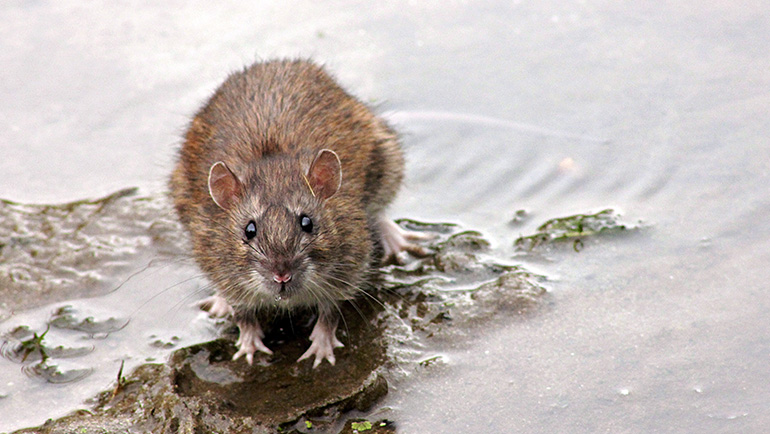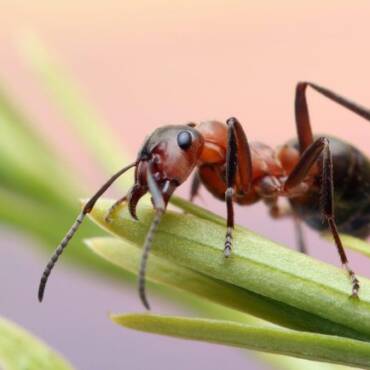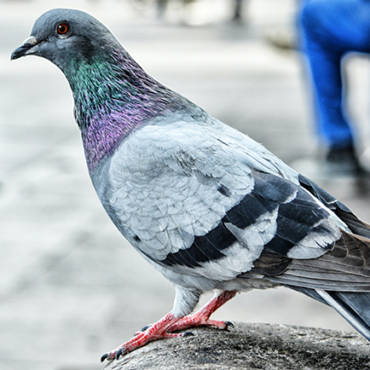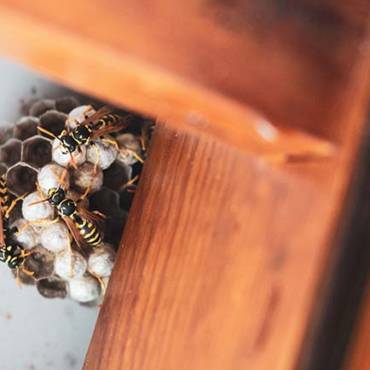Rodent-Proofing Your Home: Expert Tips for Preventing and Eliminating Rodent Infestations
Rodent infestations can lead to significant damage to your home and create potential health risks for your family. Bee Smart Pest Control is dedicated to offering educational resources and practical advice to help homeowners achieve a rodent-free living environment. In this informative guide, we will explore crucial rodent-proofing techniques, providing you with a solid foundation to manage and eliminate these pesky pests from your home effectively.
Understanding the habits and characteristics of common household rodents is key to establishing effective prevention and extermination strategies. By addressing key factors such as potential food sources and access points for rodents, homeowners can create an environment that is inhospitable to these unwelcome visitors. This comprehensive guide will delve into essential preventive measures and practical techniques for eliminating rodent infestations in your home, empowering you with the knowledge to tackle any rodent-related issues that may arise confidently.
Trust the expertise of Bee Smart Pest Control to lead you on the path to a rodent-free home. Our expert guidance, tips, and methods will ensure the comfort and safety of your living space, as well as the well-being of your family. By following these crucial rodent-proofing strategies, you can rest assured knowing your home is protected from the potential threats posed by these unwanted pests.
Understanding Common Household Rodents
The first step in rodent-proofing your home is to familiarize yourself with common rodent species that may invade your living spaces:
– House Mice: Small and grayish-brown in color, house mice seek out warmth and food sources in homes. Mice can cause damage by chewing through walls, wiring, and stored items, and they can contaminate food with their feces and urine.
– Norway Rats: These large rodents have brown or gray fur and are known for their strong burrowing capabilities. Norway rats can cause structural damage to homes and are carriers of several diseases.
– Roof Rats: With a slim, black or dark brown body, roof rats are excellent climbers and prefer to dwell in attics or higher areas of homes. They can also cause structural damage and transmit diseases.
Identifying and Addressing Potential Entry Points
To prevent and control rodent infestations effectively, it is crucial to identify and seal potential access points into your home. Follow these simple steps:
– Inspect your home’s exterior for cracks, gaps, or openings. Pay special attention to areas around doors, windows, pipes, and vents.
– Seal any identified entry points using appropriate materials, such as caulk, steel wool, or hardware cloth.
– Install door sweeps or weatherstripping around doors and windows to deter rodents from entering.
– Repair any gaps or holes in the roof or siding, and trim trees and overgrown vegetation away from your home to eliminate possible pathways for roof rats.
Preventive Measures for Rodent Control
Implementing preventive measures for rodent control is critical in ensuring a rodent-free home. Incorporate these effective tips in your rodent prevention routine:
– Proper Food Storage: Store food items, including pet food, in sealed containers to eliminate potential food sources for rodents.
– Maintain Cleanliness: Regularly clean your home, ensuring that countertops, floors, and pantry shelves are free from crumbs and spills that may attract rodents.
– Eliminate Water Sources: Repair leaky pipes or faucets, and ensure proper drainage around your home to minimize potential water sources that may attract rodents.
– Manage Outdoor Clutter: Keep your yard tidy by removing debris, storing firewood off the ground, and maintaining neatly trimmed vegetation to eliminate potential hiding and nesting spots for rodents.
Effective Remedies for Existing Rodent Infestations
If rodents have already taken up residence in your home, employ these approaches to eliminate the problem and prevent future infestations:
– Traps and Baits: Utilize snap traps, glue boards, or bait stations to effectively capture rodents. Place traps in areas with signs of rodent activity, such as droppings or chewed items.
– Rodent-Proofing Materials: Install rodent-proof barriers, such as hardware cloth, in vulnerable locations like crawl spaces, vents, or around pipes to prevent rodents from entering your home.
– Professional Pest Control: In cases of severe infestations or when DIY methods prove ineffective, consider consulting a professional pest control service like Bee Smart Pest Control for specialized assistance in eliminating the problem.
Regular Monitoring and Maintenance
Continual monitoring and maintenance are critical in ensuring a rodent-free home. Implement these strategies to keep rodents at bay:
– Routinely inspect your home’s exterior for new entry points or signs of rodent activity, addressing and repairing any issues promptly.
– Maintain a consistent cleaning routine, promptly dealing with spills, crumbs, and potential rodent food sources.
– Routinely check traps for captured rodents, replacing or relocating them as necessary.
– If you notice a resurgence in rodent activity, consult with a professional pest control expert for guidance on the most effective solutions.
Conclusion
Successfully managing and preventing rodent infestations in your home requires a comprehensive understanding of rodent behavior and practical techniques tailored to your specific situation. By familiarizing yourself with common household rodents, identifying and addressing potential entry points, implementing preventive measures, employing effective remedies for existing infestations, and maintaining regular monitoring, you can secure your home against unwelcome rodent invaders. Trust Bee Smart Pest Control’s rodent control services to guide you through the process of achieving a rodent-free living space, ensuring a comfortable and pest-free environment for you and your family.




